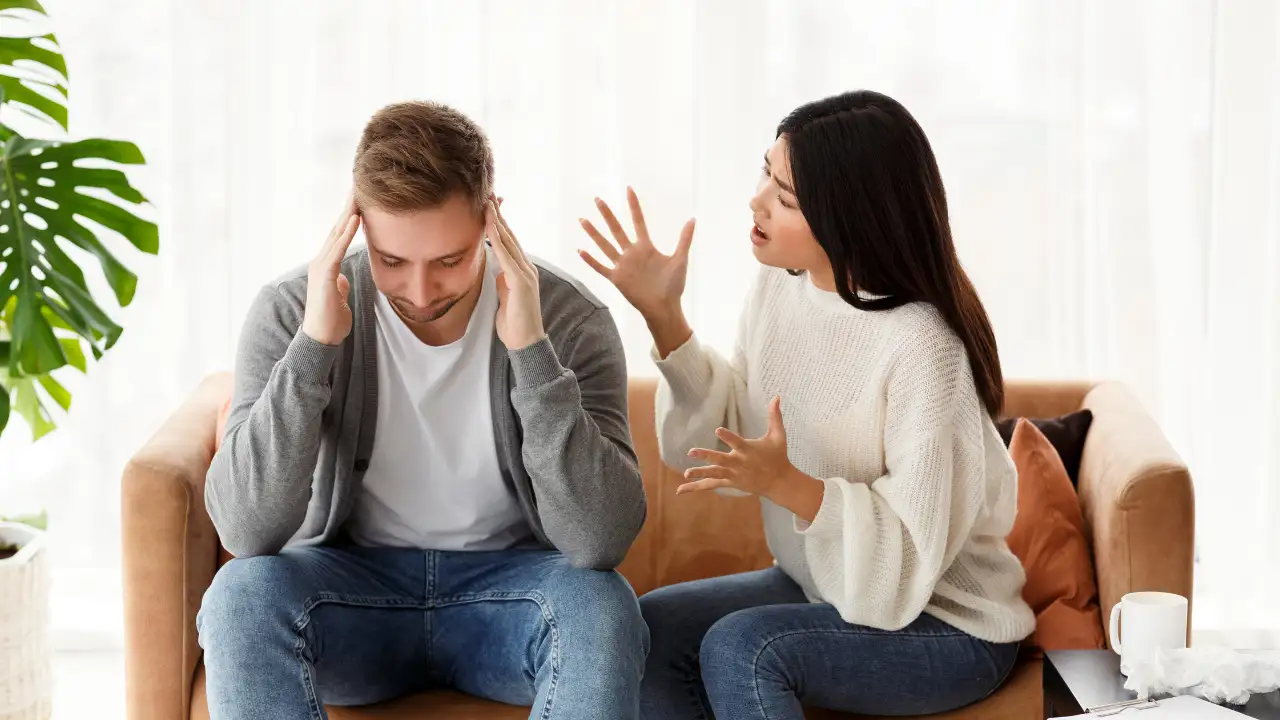Copyright timesnownews

Is Your Partner Anxiously Attached: 6 Signs To Watch Out For, Anxious attachment is a type of attachment style that shapes how people behave or react in relationships. It usually develops in childhood when a person's emotional needs were not met consistently. When these people become adults, they often crave closeness and reassurance, with fear of being abandoned. This usually creates a push-and-pull pattern in relationships: wanting to be deeply connected but also at the same time worried that the other person might leave. If your partner is always asking for reassurance and seems uneasy when you distance from them, then most probably they have an anxious attachment style. Here are six signs you can look out for to recognise it. Overthinking and Reading Between the Lines, An individual with an anxious attachment is likely to read between the lines of every word or gesture coming from you. If you take a long while to respond to certain messages , they may interpret it as you've lost interest. This tendency usually comes from deep insecurity rather than mistrust. Constant Need for Reassurance, Partners who are anxiously attached will often need to hear from you that they are loved and that they matter. They might be asking questions such as, "Do you still love me?" or "Are you sure that you're not upset with me?" These words come from fear – fear of being forgotten or replaced. , Struggle with Alone Time, Once left alone, the anxious individuals feel uncomfortable. They want to spend every moment of the day with you and if you ask for space they might feel uncomfortable. It is not a matter of controlling you but wanting reassurance that the bond is still solid and strong. The moment you tell them that being apart is not the same as being disconnected, that will help them relax. Fear of rejection and abandonment, Arguing over things of little importance may result in great emotional outburst by the anxiously attached partner. They may even choose to separate themselves from you, thinking that the argument is the end of the relationship. Giving her/him the feeling of comfort and safety is one way to help them, but therapy can also help them manage these fears more independently. Emotional Ups and Downs, Usually their happiness is strongly tied to the fact of being connected with you. Thus, they may feel on top of the world when things are okay; however, when they sense distance, they may quickly go down the spiral of worrying. Open and honest communication is one of the ways to bring more balanced rhythm. , People-Pleasing Tendencies, Anxiously attached partners may excessively try to make you happy, even if it means neglecting their own needs. They could apologise very frequently or refrain from disagreement. Although this appears to be a loving gesture, it can cause resentment and an emotional state of exhaustion. Encourage them to share their real feelings — that’s what builds genuine intimacy.



